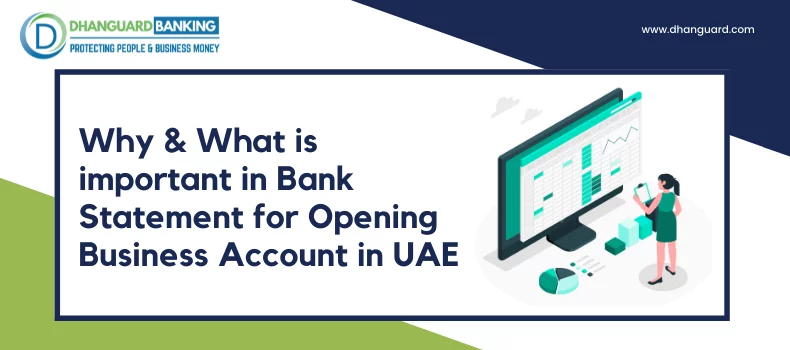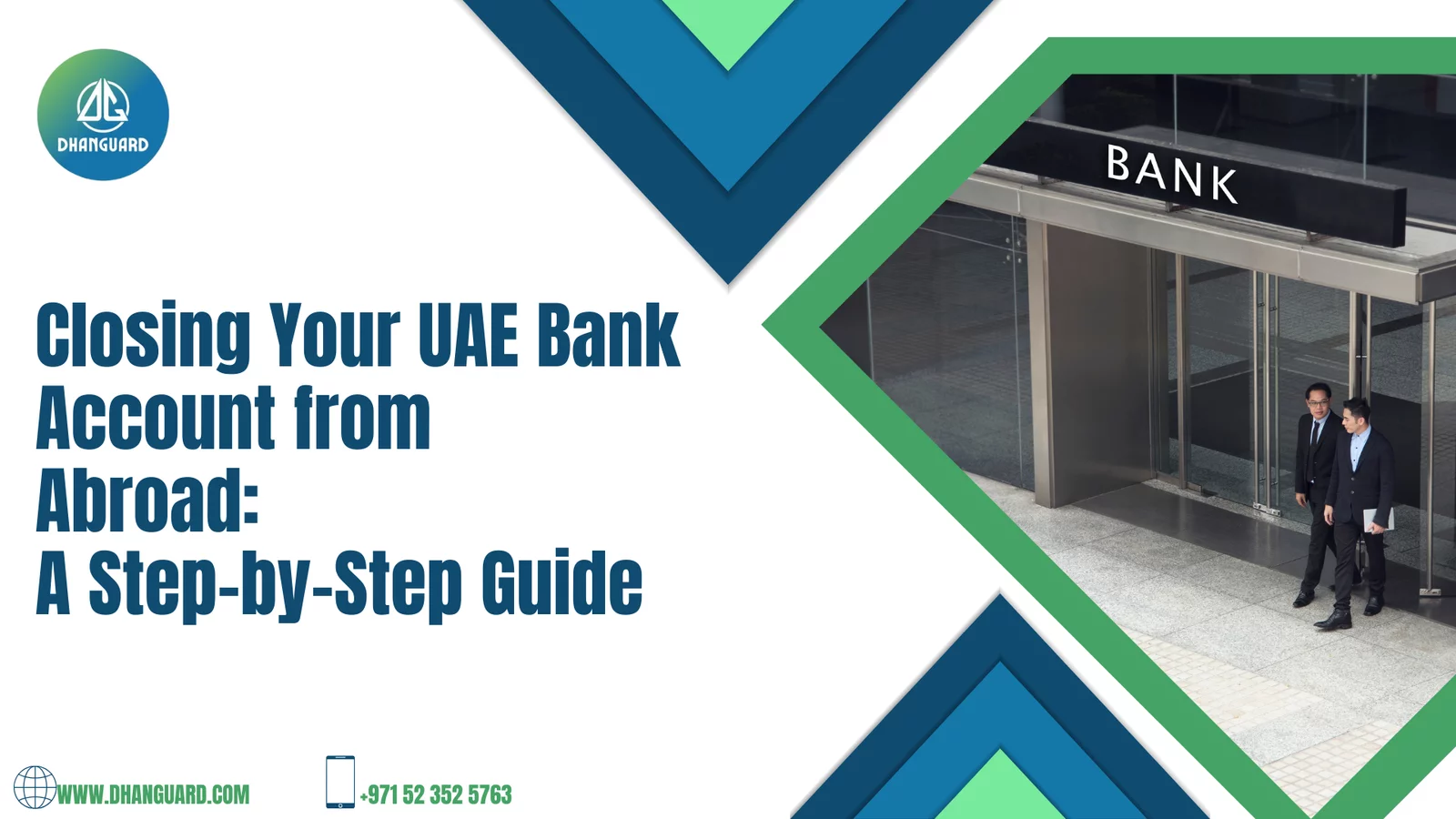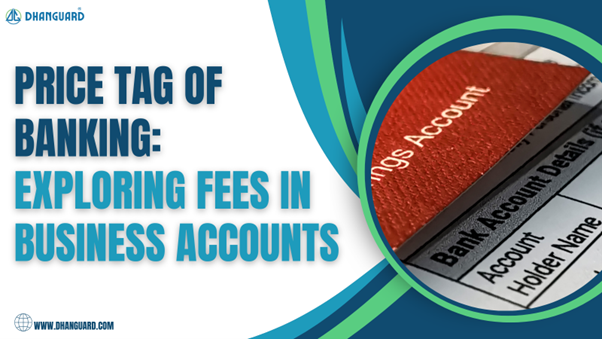A bank statement, also known as an account statement, is a monthly document sent by the bank to the account holder. It summarizes all the transactions in an account during the month. Business bank account statements include vital information such as account numbers and a detailed list of deposits and withdrawals.
Before explaining the importance of bank statements, it is crucial to understand how banks view and assess their customers.
Understanding How Banks View Customers
For banks or bankers, a customer is primarily understood through their documentation. The essential documents include:
-
Passport: To determine the nationality of shareholders.
-
Visa: To understand the employment visa status and designation.
-
Trade License: Required to comprehend the business activity, length of business, and details of shareholders.
-
Memorandum of Association: To know the powers of shareholders.
Importance of Company Bank Statements
The most crucial document is the company bank statement, which justifies the company's business transactions. The transaction patterns in business bank account statements support the overall profile of the company and help banks approve bank accounts easily. A good bank statement also helps companies avoid the hassle of regular compliance-related calls regarding daily transactions.
Key Points Banks Look for in Statements with Do's and Don'ts
While the specifics depend on business activity, several points can raise red flags in bank statements.
Cash Deposit – Red Flag
High cash deposits in business bank account statements can raise compliance flags, as cash deposits are often associated with converting black money to white. Businesses generating a lot of cash are not supported by banks unless there is supported activity and proper documentation.
Do's: The cash deposits should not exceed more than 20% of the total monthly turnover of the account.
Single Big Value Cash Transaction – Red Flag
Depositing a large amount of cash in one transaction raises an immediate compliance flag for suspicious transactions (STR).
Do's: It is recommended to deposit cash regularly as it is generated rather than holding it and depositing it all at once.
Immediate Deposit with Immediate Withdrawal – Red Flag
Activities showing immediate deposits followed by immediate withdrawals raise red flags as they signify potential money laundering activities.
Do's: Avoid withdrawing the full amount immediately after depositing it. As per normal bank policies, only 75% of the deposit should be withdrawn.
High-Value Local/Domestic Transfers
Receiving funds through local transfers is generally considered safe as they are easily traceable. However, the transfers should match your business activity, and the other party should not be blacklisted by the bank.
International Transfer/Remittance
Accounts with high remittances are favourable for banks in terms of foreign exchange and trade income. However, proper documentation such as invoices and bills of lading are required.
Don'ts: Avoid transactions from sanctioned countries (e.g., Iran, Sudan, and Syria), as these can result in immediate account closure and fund returns.
Cheque Return
Banks do not support accounts with frequent cheque returns, as these indicate payment defaults, which are strictly regulated.
Do's: Maintain a healthy average balance to avoid cheque returns. In case of accounting issues, a good average balance can support cheque returns.
Don'ts: The company should not have more than three cheque returns in one year and more than one return every six months.
Direct Debit Return/Loan Repayment Failure
Banks are stringent about DDS returns, as these indicate loan repayment failures and create a bad history for the company.
Conclusion
A business bank account statement details the account's activity and enables the account holder to view all transactions made on their account. Regular monthly statements are crucial for maintaining transparency and compliance. Thus, a proper bank statement is required to open a business account in the UAE.
Open a business bank account online in Dubai, UAE. Compare and apply for a business bank account with Dhanguard from leading banks.
DhanGuard: All-in-One Solution for Business Setup in Dubai, UAE
DhanGuard is your ultimate one-stop solution for all your business needs. Whether you’re planning to set up a new company or expand your existing business in the UAE, we’ve got you covered with our comprehensive range of services. From Business Setup in UAE and Company Formation in Dubai to managing your financial and legal compliance, we provide everything you need under one roof.
Our services include:
- Company Formation in UAE and Dubai
- Opening a Business Bank Account in UAE and Dubai with a 99% success rate
- VAT & Corporate Tax Compliance
- Accounting, Bookkeeping, and Auditing Services
- Trade License Renewal
- Golden Visa Assistance
Let DhanGuard make your journey of Business Setup in Dubai seamless and hassle-free!















